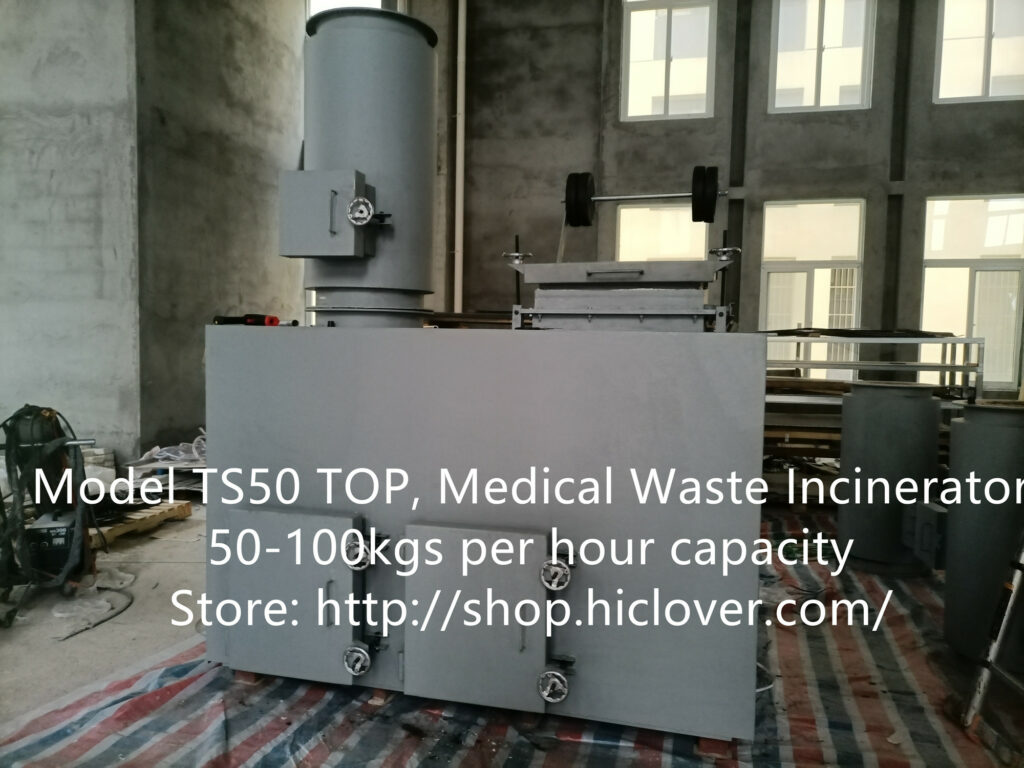Kenya, like many developing nations, is facing a growing waste management crisis. With an ever-increasing population and rapid urbanization, the country is struggling to find sustainable solutions for managing its waste. One of the most pressing issues in Kenya’s waste management system is the disposal of waste through incineration.
Incinerators are used to burn solid waste, converting it into ash, gas, and heat. While incineration can be an effective way to reduce the volume of waste and generate energy, it also poses significant challenges and opportunities for Kenya.
One of the main challenges in Kenya’s incinerator waste management is the lack of proper infrastructure and technology. Many incinerators in the country are outdated and ineffective, leading to harmful emissions and pollution. This poses a serious threat to the environment and public health, as toxic fumes and ash can contaminate the air and soil.
In addition, the improper disposal of ash from incinerators can also pollute water sources, leading to further environmental degradation. This has a detrimental impact on the livelihoods of vulnerable communities that rely on clean water for their survival.
Furthermore, the lack of regulations and enforcement of waste management laws in Kenya exacerbates the problem. It is common for illegal incinerators to operate without proper permits and oversight, leading to uncontrolled pollution and health hazards.
Despite these challenges, there are also opportunities for improvement in Kenya’s incinerator waste management system. One potential solution is to invest in modern, environmentally-friendly incinerators that adhere to international standards for emissions control and pollution prevention.
By upgrading the infrastructure and technology of incinerators, Kenya can reduce the negative impact of waste disposal on the environment and public health. This would also create opportunities for job creation and economic growth, as the demand for skilled professionals in waste management and environmental conservation would increase.
Furthermore, Kenya can harness the potential of incinerators to generate renewable energy. With the right technology and investment, incinerators can be used to produce electricity and heat, providing a sustainable and reliable energy source for communities.
Another opportunity lies in implementing effective regulations and enforcement mechanisms to ensure compliance with waste management laws. By holding incinerator operators accountable for their actions, Kenya can mitigate the environmental and health risks associated with waste disposal.
In conclusion, incinerator waste management in Kenya presents both challenges and opportunities. Through investment in modern technology, regulation enforcement, and sustainability practices, Kenya can improve its waste management system and pave the way for a cleaner and healthier environment for future generations. It is imperative for the government, private sector, and civil society to work together to address these issues and develop sustainable solutions for incinerator waste management in Kenya.



